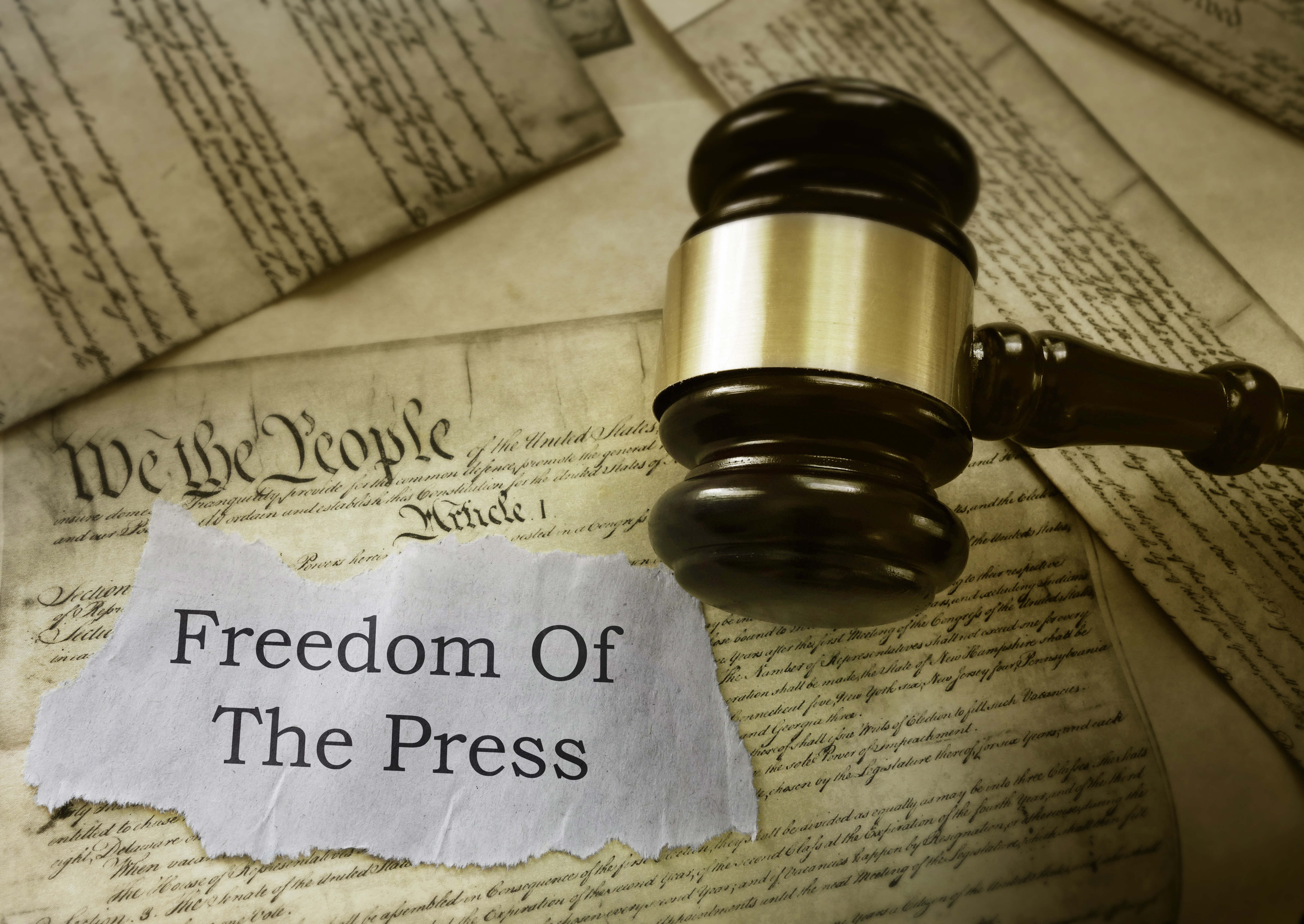
Strengthen Media Literacy
Adults and young people alike can become responsible consumers of media by strengthening their media literacy skills. In today’s digital media landscape and 24-hour news cycle, this can be challenging. But, the more we prepare ourselves, the better we become at it. Educators can help students understand the value of a free press by incorporating authentic news sources into their classrooms—like TIME magazine’s elementary and middle school editions—and teaching them how to identify the characteristics of a credible news story.
Consider Key Moments in Journalism History
Remember the ways journalism has exposed injustices and created positive social change throughout history. Ida B. Wells’ anti-lynching campaign in the 1890s and early 1900s brought awareness and calls to end racial injustice. Upton Sinclair’s exposure of unsanitary practices in the meatpacking industry led to reform of America’s food industry at the turn of the 20th century. Bob Woodward and Carl Bernstein exposed political crimes that came to be known as the Watergate Scandal in 1972. What moments can you identify today where the press played a pivotal role in creating change? How has citizen journalism changed the landscape?
Consider the Danger Journalists Face and What that Means for Democracy
While the United Declaration of Human Rights offers protections for freedom of the press, journalists around the world still face persecution—from two journalists arrested by police in Myanmar after investigating the government’s role in executing Rohingya Muslims to Turkey sentencing 24 journalists to prison. And there’s reason for concern in the US: the country ranks only 45 out of 180 countries in the 2018 World Press Freedom Index. How does this threaten democracy? Consider what it means when journalists face threats, imprisonment, and even death in order to expose the truth.
Consider Your Own Role With the Media
Once you’ve strengthened your media literacy skills, practice them! Before hitting “share” or “like” on a news article in your social media feed, think critically about where that information is coming from. Ask yourself: Am I about to share fake news? Taking a more active approach in how we participate in the digital media landscape can lessen the impact of intentionally fabricated stories that are meant to stir up emotions and create stronger divides.
Strong civic engagement is dependent on reliable access to accurate information, which requires an independent press that is able to investigate even the most complex and controversial topics. Citizens of any democracy have a responsibility to uphold a free press by remaining vigilant against the elements that threaten it.
Use Facing History's unit, Facing Ferguson: News Literacy in a Digital Age to help young people understand the role of journalism and a free press in a democratic society. They’ll also learn how they can become responsible consumers and producers of news and information in the digital age.


